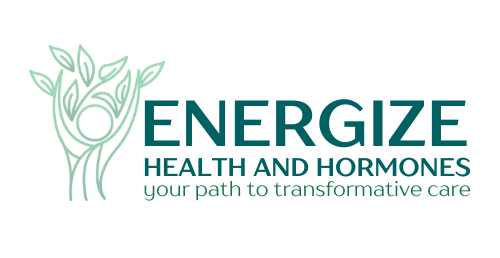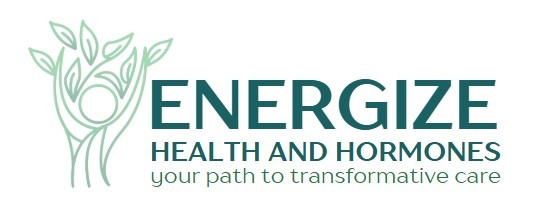
Insights and Support from Dr. Heidi Queen
Menopause is a natural transition in a woman’s life, marking the end of menstrual cycles and the reproductive phase, typically occurring between the ages of 46 and 55. However, for some women, menopause begins before age 40—a condition known as premature menopause. As one of the few doctors in Marin County certified by The Menopause Society, Dr. Heidi Queen offers specialized care for women navigating this complex and often challenging experience.
What Causes Premature Menopause?
Premature menopause can arise for several reasons, though in some cases, the exact cause remains unknown. Common causes include:
- Primary Ovarian Insufficiency (POI): This condition results from a premature loss of ovarian follicles, leading to lower levels of reproductive hormones. While some women with POI may still ovulate occasionally, irregular or absent menstrual cycles are common. POI can be influenced by genetic or autoimmune factors, though much about the condition is still not fully understood.
- Induced Menopause: Medical treatments such as surgery, chemotherapy, or radiation can result in menopause by removing or damaging the ovaries. For instance, removing both ovaries to treat or prevent cancer triggers menopause, as does certain cancer treatment regimens.
Health Impacts of Premature Menopause
Women experiencing premature menopause face unique health considerations that often require ongoing monitoring and proactive care:
- Bone Health: Menopause accelerates bone density loss, with studies indicating that women can lose up to 20% of their bone density in the first five to seven years after menopause. This significantly increases the risk of osteoporosis and fractures. Women with premature menopause should prioritize bone-preserving activities like weight-bearing exercises and may benefit from hormone therapy to mitigate risks. Menopause accelerates bone density loss, increasing the risk of osteoporosis and fractures. Women with premature menopause should prioritize bone-preserving activities like weight-bearing exercises and may benefit from hormone therapy to mitigate risks.
- Heart Health: The loss of estrogen linked to menopause can increase the risk of cardiovascular disease. Heart-healthy habits such as regular exercise, a nutritious diet, and avoiding smoking become even more critical.
- Cognitive Function: Estrogen has protective effects on the brain, influencing memory and reducing dementia risks. Women who enter menopause early may consider lifestyle changes that support both heart and brain health.
- Emotional Well-Being: Premature menopause can bring emotional challenges, including feelings of loss, frustration with delayed diagnoses, and concerns about fertility, body image, and sexuality. Comprehensive care that addresses both physical and emotional needs is essential.
Managing Symptoms and Risks
Dr. Queen emphasizes personalized care plans for managing premature menopause. Key approaches include:
- Hormone Replacement Therapy (HRT): HRT can help offset the early loss of estrogen, protecting bone density, heart health, and cognitive function. Dr. Queen works closely with her patients to weigh the risks and benefits and determine the most suitable treatment options.
- Lifestyle Modifications: Regular physical activity, a balanced diet rich in fruits, vegetables, and whole grains, and stress management techniques can support overall health during this transition.
- Specialized Support: Dr. Queen collaborates with functional nutritionists and other professionals to provide comprehensive care tailored to individual needs. Functional nutritionists focus on personalized dietary strategies to support hormone balance, optimize nutrition, and address specific health concerns related to early menopause.
Finding Positives in Early Menopause
While premature menopause can feel overwhelming, some women find unexpected benefits. Reduced exposure to estrogen may lower the risk of hormone-sensitive cancers, such as breast cancer. Additionally, some women experience a renewed sense of energy and freedom after the end of periods and associated symptoms.
When to Seek Help
If you are under 45 and experiencing symptoms such as irregular or missed periods, hot flashes, or other signs of perimenopause, it’s important to consult with a healthcare professional. They can help rule out other potential health issues and provide an accurate diagnosis and appropriate care. Dr. Queen’s expertise in both holistic and Western medicine allows her to provide individualized care that addresses the multifaceted challenges of premature menopause.
By understanding the causes, risks, and management strategies for early menopause, women can take steps to protect their health and well-being during this transition. To learn more or schedule a consultation with Dr. Queen call (415) 548-7901 or use our contact form.
STAY IN THE LOOP


